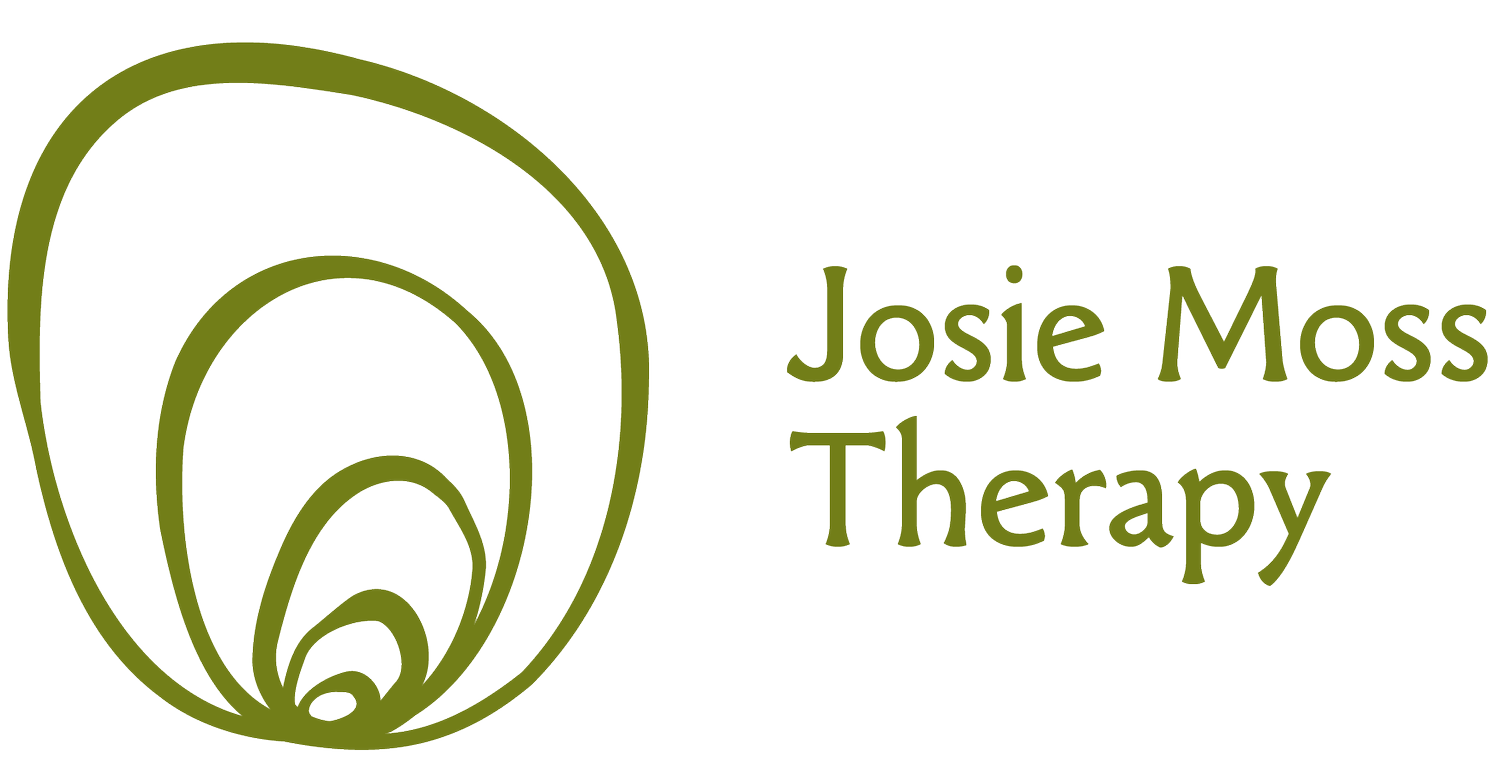
Therapy can provide meaningful support.
What matters is that you feel comfortable and trust the person you are working with.
What is the difference between counselling and psychotherapy?
Counselling tends to work with immediate issues that are troubling someone and is often short-term.
Psychotherapy typically explores issues at a greater depth. By working with underlying emotions, thoughts, feelings and experiences, long-term change can be created.
Both can be helpful at different times.
What does psychotherapy involve?
At the heart of therapy is one human being in a healing relationship with another.
My role is to be part witness, companion, archeologist, storyteller, biographer, cheerleader and neuroscientist. I will be your biggest fan, but also gently hold you to account.
It can help to think of psychotherapy as a road trip. As your therapist, I am sitting in the passenger seat but you are behind the wheel. You get to steer, accelerate and slow down and take the exit and come back onto the motorway as you need. I have the guidebook and can point out the best attractions to see along the way. You get to decide if we visit them or not.
In the therapy room, my job is to attend to you and listen well. I might take notes, I might reflect back on what I’ve heard, and I might offer insights. When you first come in, I will listen to your needs and your story. Together we create goals that work towards meeting your needs. I will then develop a draft road map with your help. The road map can be changed along the way.
As an integrative psychotherapist, I can create a unique way of working that is just for you. This means I can use movement-based practices, gestalt, CBT, narrative or any of the many theories available. My aim is to meet your goals in the way that suits you best.

“Just because no one else can heal or do your inner work for you doesn’t mean you can, should, or need to do it alone."
–Lisa Olivera
